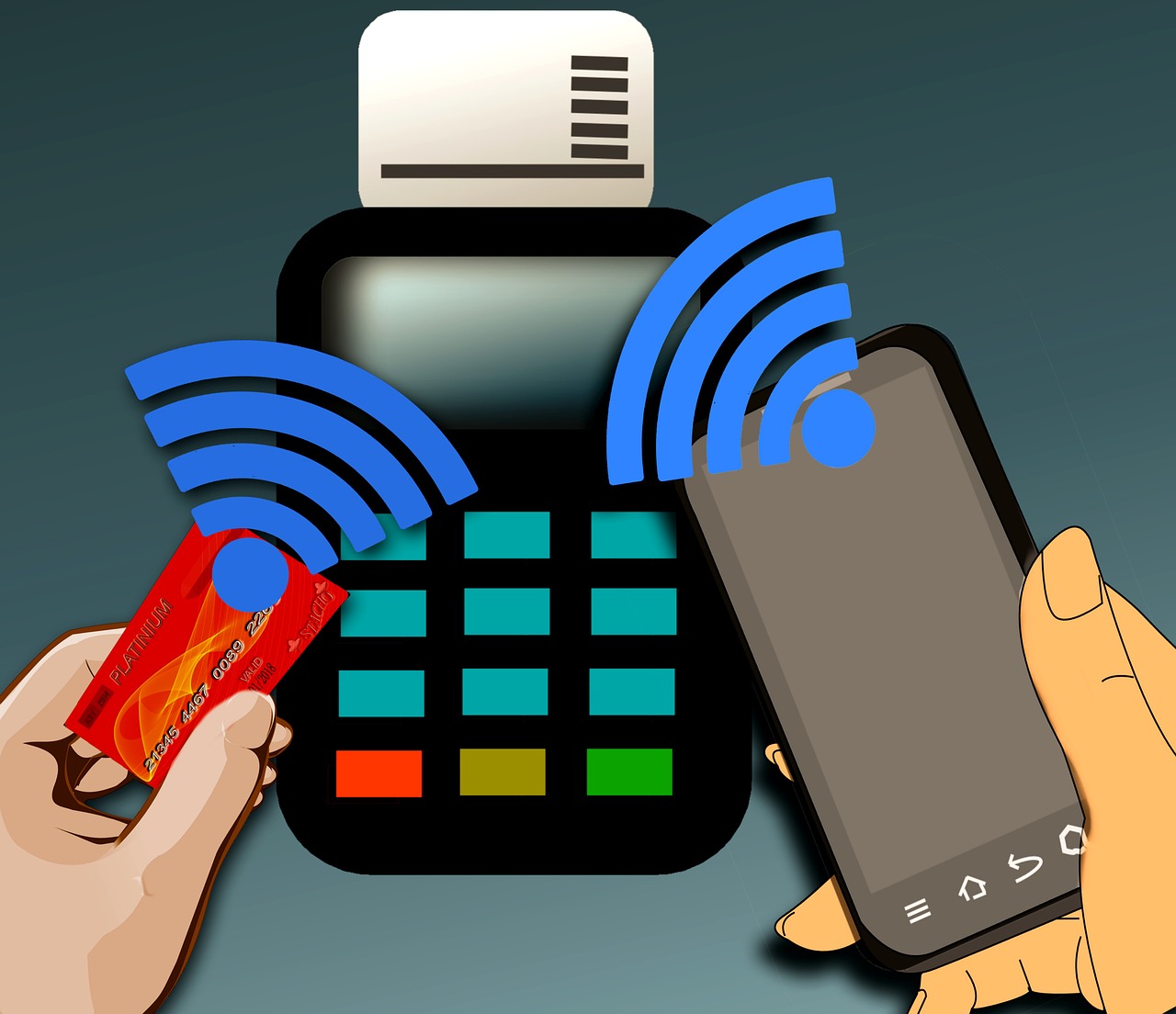The cutting-edge technological advancements are pushing businesses to adopt more digital processes. This drive towards digitization has provided limitless benefits for businesses and end-users. Now companies can communicate with their customers using emails rather than letters, also increasing the speed and security of the message.
Now customers choose businesses that do not require them to visit the office for any issue. They demand the solution to their problem over a phone call or mail. This means that businesses should go for more remote procedures leaving traditional methods behind. Also, they can’t compromise on security, as there are cases where virtual meetings resulted in scams and frauds. Financial institutions have suffered from this predicament during the customer verification process. The manual ID verification procedures weren’t convenient and other automated methods were not secure enough. Fraudsters easily bypass document verification by presenting fake or false IDs and get themselves registered as legitimate customers. Fortunately, NFC technology complies with both requirements.
Near Field Communication
NFC is a technology used for connecting two NFC-assisted devices within a close range. NFC is mostly used in POS terminals allowing cardless payments with enhanced security. NFC-enabled POS systems are forecasted to reach 112.3 million by 2022.
Below are the reasons why NFC technology is welcomed for in-store payments:
- It does not require any configuration like setting up Bluetooth
- The payment process can be completed through a single tap
- Have more security and speed contrary to the card transactions (magnetic strips)
- A much smoother and efficient payment transfer process
NFC technology is also used to transfer files, photos, or short videos between mobile devices. It uses radio frequency identification (RFID) to transmit signals just like Bluetooth, but with an automatic network connection. In some countries, it is utilized as digital event tickets where people buy and download entrance passes over the internet. At the security check, they just have to place their phone near the NFC scanner, and it will verify the authenticity of the ticket. This trend is picking up speed as it eradicates the long queues process and paper tickets.
NFC Technology for Effective and Frictionless ID Verification
As we have discussed earlier, NFC or chip-based authentication can also be used for verifying identities through documents. In simple words, the NFC reader will check the geniuses and originality of the identity documents of a person. Countries are integrating NFC chips inside ID cards and passports.
Conventionally documents were verified by clicking a picture, extracting details, and validating their authenticity. But NFC takes its security to another level by data encryption. It can’t be copied or compromised. Online ID verification can incorporate NFC-based ID authentication for confirming individual identities.
Here is the walkthrough of how NFC will verify documents:
- The picture of NFC-enabled ID is uploaded
- Software extracts MRZ code from the picture
- The end-user places his phone near the NFC chip on the document
- The data from MRZ code and NFC chip is captured and decrypted respectively
- Data from both sources is cross-matched
- Results (Verified or Not-Verified) are shown to the user screen and stored in the database as well
Wrapping It Up
About all the latest mobile phones (Android or IOS) have NFC scanners, it fulfils the requirement of portability. According to a report, twenty percent of the world’s population possess NFC devices. NFC verification has a low number of customer drop-offs, enhancing the user interaction level. Most of the customers leave the verification process because of bothersome checks. Businesses can verify their customers in seconds using NFC identity verification. There is no need to install some specific software or further hardware. The fraudulent attempts can be spotted in real-time without additional efforts. A business using this extended technology will have a better reputation in the market. As it will give a user-friendly and successful service for its customers eliminating frauds and scams.



